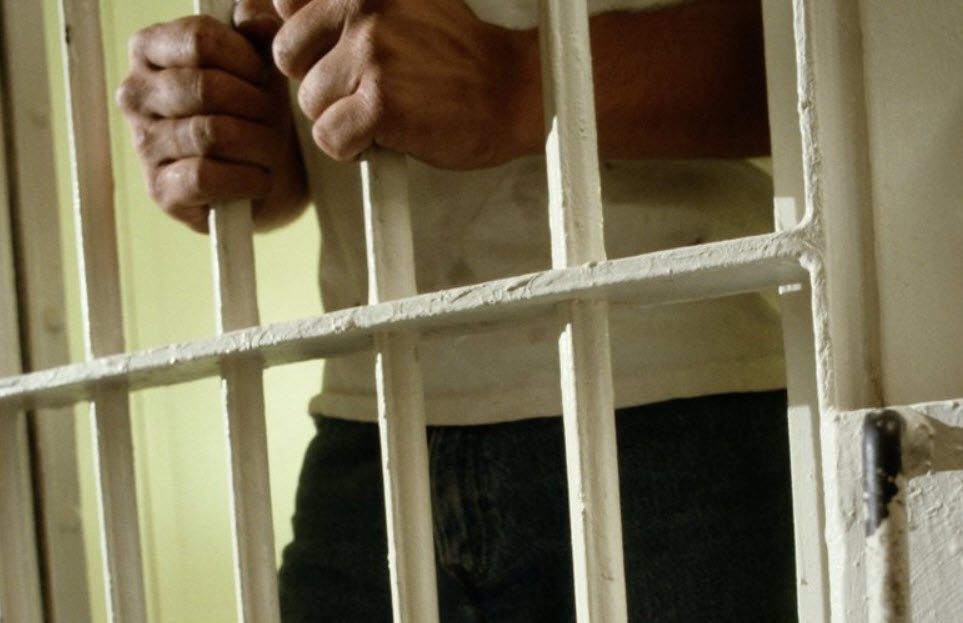Drug sentences and the South

The Supreme Court's 7-0 decision yesterday to reduce extraordinarily harsh sentences for crimes related to crack cocaine is drawing widespread applause from advocates who have long noted the lack of fairness in drug sentencing.
The decision will retroactively affect nearly 20,000 inmates -- a small but important portion of the millions charged and locked up during the Drug War, which peaked in the 1990s. It was harsh drug sentences that, more than anything, fueled the skyrocketing rate of incarceration in the U.S., especially among African Americans. 27% of the growth in prison rates for blacks from 1990-2000 was from drug busts, even though 72% of illicit drug users in the country are white.
By the late 1990s, thirty-three percent (33%) of convicted white defendants received a prison sentence, while 51% of African-American defendants received prison sentences. And the sentences for crack, a drug more common to urban street communities, were indefensibly higher -- by a factor of 100 to 1 -- than those for cocaine, the drug of choice for urbane whites.
The effects of the Drug War and incarceration were especially hard-felt in the South. By 2000, nine of the 20 states with the highest incarceration rates were in the South. Prevention, treatment and re-entry programs were slashed while prison budgets went up.
Since 2000, many states have edged away from the mass-lock-up approach, mostly to save money. It's estimated the Supreme Court's decision will save $1 billion alone.
There's a lot the Supreme Court's decision doesn't do: It doesn't address the draconian "mandatory minimum" rules which especially harsh on first-time offenders. It doesn't deal with racial profiling and other disparities in who gets arrested and charged for what offense. And it doesn't speak to the need to adequately fund all aspects of a real drug policy, including prevention programs, strong schools, and rehabilitation.
But it's a start.
Tags
Chris Kromm
Chris Kromm is executive director of the Institute for Southern Studies and publisher of the Institute's online magazine, Facing South.
